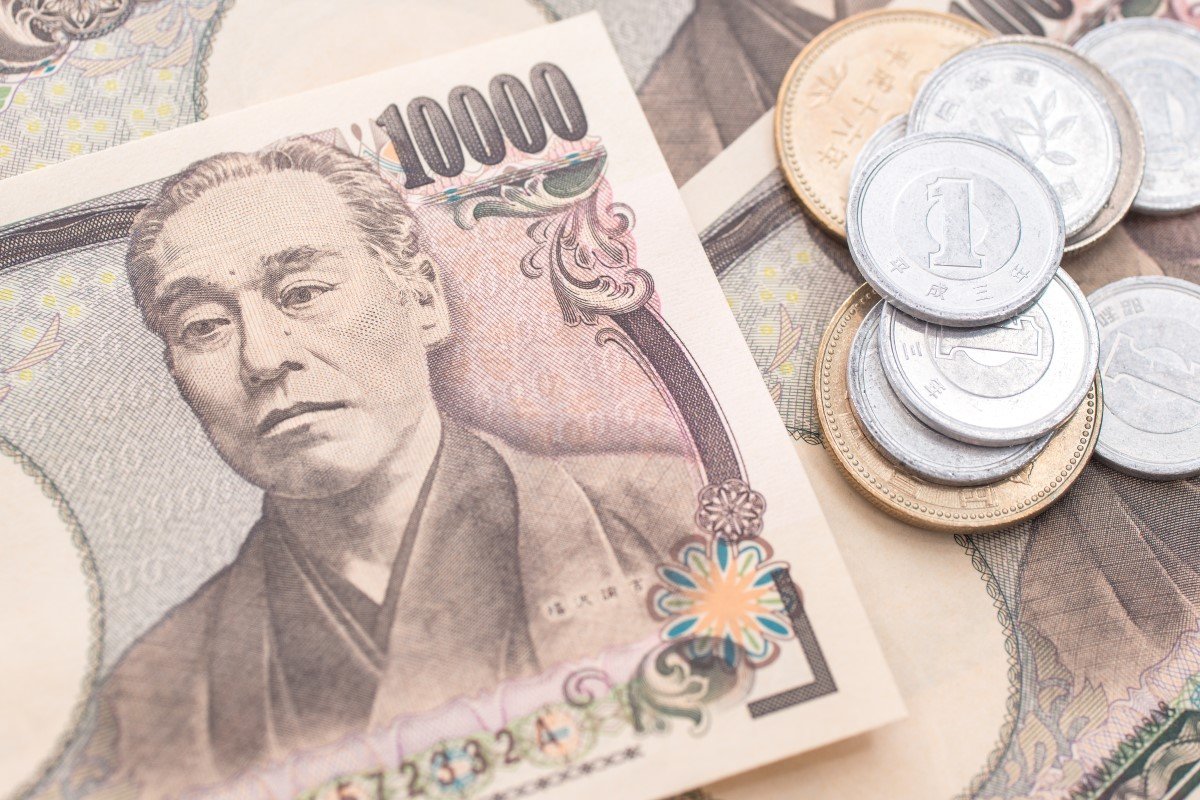The Beijing city government is looking to take Didi Global under state control. It has proposed making an investment in Didi, which is facing a cybersecurity investigation, reports said on Friday.
The report said, under the preliminary proposal, some companies based in Beijing would acquire a stake in the Chinese ride-hailing firm. It also said that it remains unclear how large a stake the Beijing city government is considering taking.
Didi Global made its New York initial public offering in June, afterwhich a cybersecurity investigation by Chinese authorities followed.
Meanwhile, this week, Beijing regulators summoned Didi and another ride-hailing app, Meituan, over non-compliant behavior. The former is off 37% over the past three months while the latter is down 19%.
China will Strive to Fend off Financial Risks
In other economic news, in China on Friday, the central bank said the country will strive to fend off financial risks. That will be by shoring up its risk prevention, pre-warning and disposal systems, it said.
In its 2021 financial stability report, the People’s Bank of China (PBOC) said that China will push forward reforms of small- and medium-sized financial institutions to help resolve risks.
The PBOC said, China will maintain stable operation of its stock, bond and foreign exchange markets and prevent external shocks. Moreover, it reiterated a pledge to make monetary policy flexible, targeted and appropriate.
In stocks, President Xi Jinping announced on Thursday China’s plans to launch a new exchange in Beijing. His announcement boosted shares in Chinese brokerages, but it knocked down Shenzhen start-up board ChiNext. It also knocked down shares of Hong Kong’s bourse over fears of rising competition.
China’s securities regulator said the planned Beijing stock exchange is based on the city’s existing New Third Board, and complements Shanghai and Shenzhen bourses. However, some say a rivalry for listing resources is unavoidable.
At the opening of a conference late on Thursday, Xi unveiled plans for the new exchange in a video address. The bourse will serve innovative small and medium-sized enterprises. It is part of a reform of the New Third Board of Beijing.
Furthermore, China is launching the new exchange as part of efforts to channel more household savings into the stock market. This is to fund innovation and economic recovery, while reducing the economy’s reliance on bank lending. Also, it comes as U.S.-listed Chinese companies face the risk of delisting amid Sino-U.S. tensions.
















